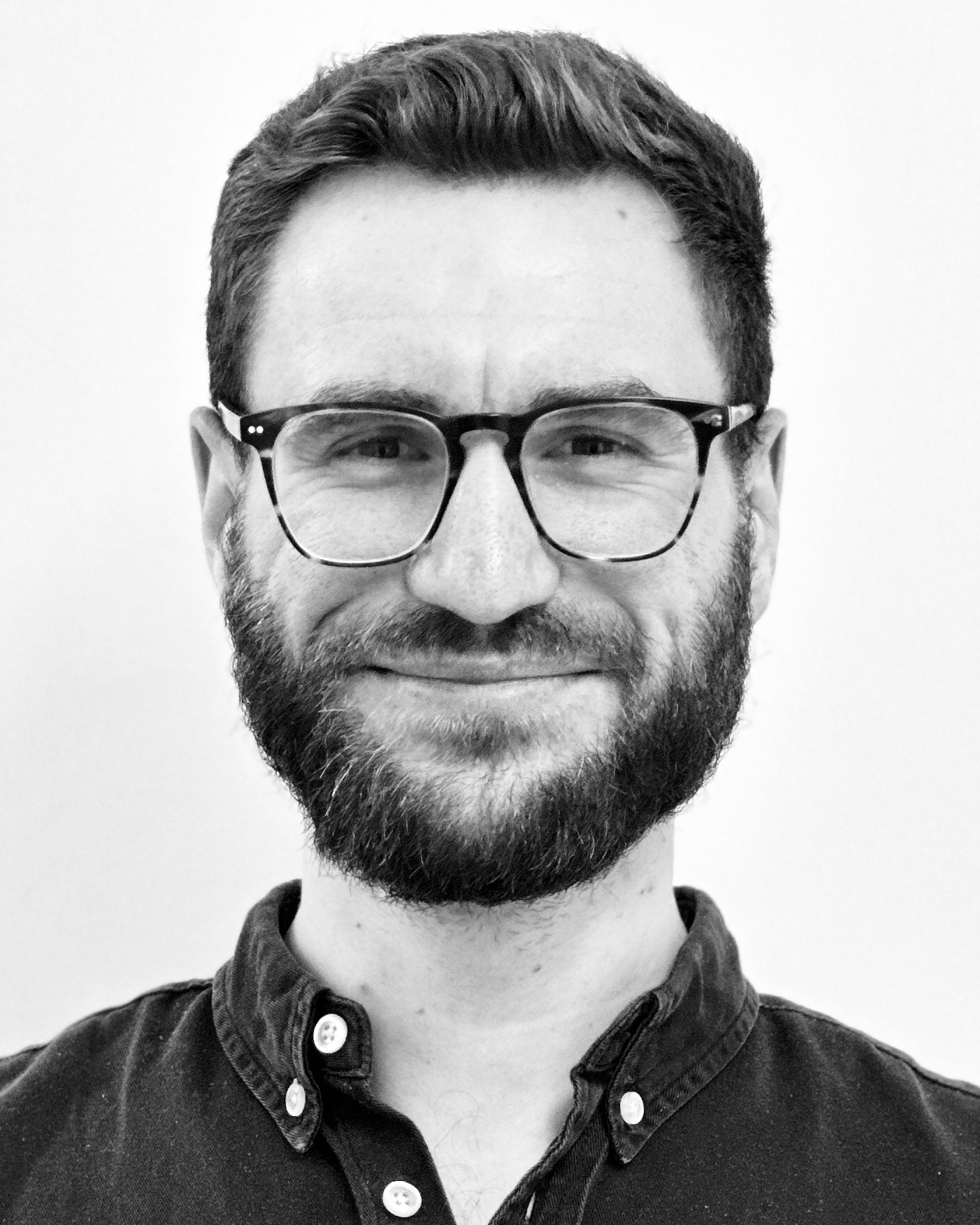
Julius Schoebel
PhD Project (2024-2026): Pathological Psychosis or Spiritual Awakening? Investigating the interplay of Western medical and Pentecostal spiritual understandings of mental health and healing, in Germany and South Africa. (Healing)
— 10/2023: Start of postgradual training for psychotherapy, clinical residency at the department of psychiatry and neurosciences at Charité Campus Mitte, Berlin
— 10/2020 – 07/2023: Graduate Studies M.Sc. Psychology at the Humboldt University of Berlin; including a study semester at Pontificia University Javeriana (PUJ), Bogotá; Thesis: „Seeing faces amidst the noise: using ambiguous stimuli to assess psychosis proneness in individuals with post-traumatic stress disorder.“
— 10/2017 – 09/2020: Undergraduate Studies B.Sc. Psychology at the University of Bremen; including study semesters at Université de Montréal (UdeM), Montréal; Thesis: „Women on the run – insights into the psychotherapeutic treatment of a population at risk.“
A person experiencing sensations not shared by their environment, such as hearing voices or seeing animated objects, may be understood as losing touch with reality and given the diagnosis of a psychotic break, requiring medication and possibly being admitted to a psychiatric ward. According to the Western biomedical framework, that is. Ancestral modes of thinking and alternative methods of healing, as exemplified within Pentecostalism, offer quite a different lens through which to perceive these phenomena. When troubled emotionally, psychologically, or spiritually, rather than approaching the westernized psychiatric healthcare system, an Isangoma (spiritual healer) may be consulted instead. Juxtaposing the attempt to alleviate these sensations, they may instead be regarded as a spiritual gift and an opportunity to serve the community by channeling wisdom of the ancestors.
In my thesis, I seek to compare differing contexts, namely Germany and South Africa, and their respective concepts of having singular experiences of that kind by conducting qualitative interviews with people experiencing them as well as those people and institutions who try to guide the people affected through it. The production of knowledge and its manifestation in concepts of mental health and healing will also be a focal point of these efforts, striving to further amplify non-western and decolonial perspectives.